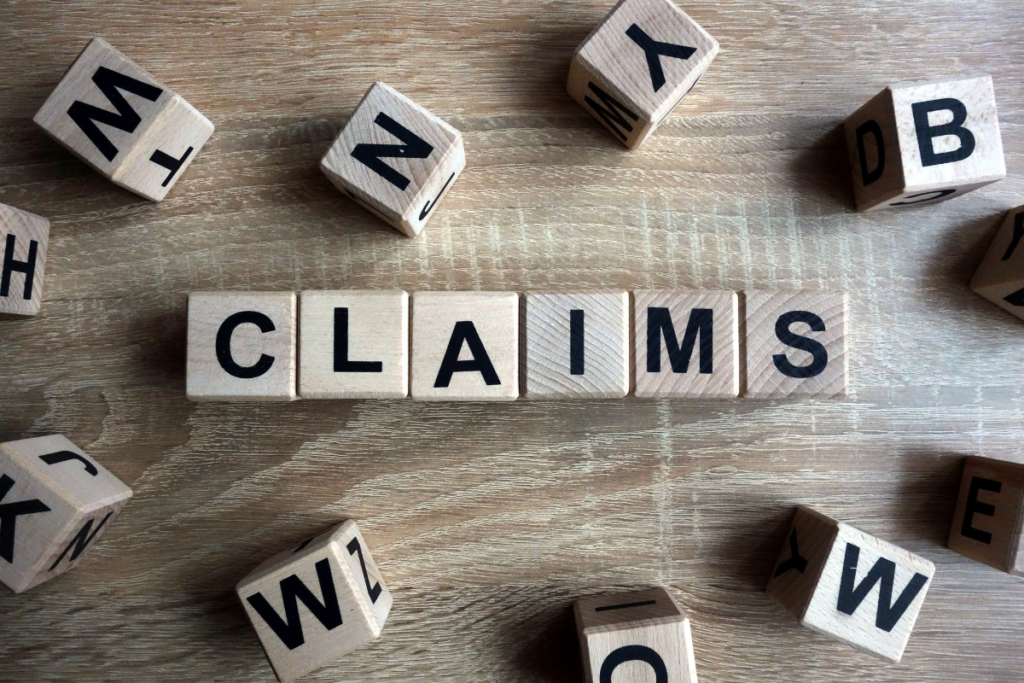DUI is still among the most avoidable yet most catastrophic reasons for car accidents in the United States.
When a person decides to drive under the influence of alcohol or drugs, the chances of serious harm or fatality escalate enormously for all drivers on the road. Although it appears easy to hold the negligent driver liable in such scenarios, DUI accident claims are typically accompanied by special legal and procedural hurdles that victims should be ready to encounter.
Demonstrating Liability Is Only the Start
In the typical auto accident claim, establishing that the other party is at fault presents a big barrier. With a DUI case, however, an accompanying criminal charge or conviction could appear to demonstrate liability clearly. But a criminal case and a civil action are different proceedings. Though the intoxicated motorist may have been convicted, victims must establish a sound civil case for damages nonetheless.
Civil lawsuits need detailed evidence to demonstrate how the actions of the drunk driver resulted in the accident and how the accident resulted in injuries and losses. Victims need to present documentation like police reports, witness statements, medical records, and proof of lost wages or property damage to secure the compensation required to recover from a drunk driving accident.
Insurance Companies May Not Cooperate
Even where impairment is evident, insurance providers are slow to provide just compensation. They want to limit payments and may claim that the victim had pre-existing injuries or less severe injuries than reported. In some other cases, they may dispute liability if more than one vehicle was involved or if road conditions caused the accident.
Insuring can be most challenging when the victims are already healing from an accident caused by a drunk driver, dealing with physical injuries, and recovering emotionally. Insurance adjusters might prey on this weakness by insisting on low, up-front settlements that do not anticipate future medical or financial requirements.
A civil action based on a DUI crash could include parties other than the drunk driver. In certain states, victims can sue the bar, restaurant, or social host who served alcohol to the driver, especially if the driver was obviously intoxicated or underage. These are referred to as “dram shop” or “social host” liability statutes, and they differ widely from state to state.
Identifying all the potentially liable parties heightens the prospects of full compensation but complicates the case. It involves collecting evidence on where and how the driver had drunk alcohol prior to the accident, such as surveillance tapes, credit card receipts, and eyewitness statements.
Long-Term Injuries and Future Costs
Most DUI accidents involve catastrophic injuries like spinal cord injuries, traumatic brain injuries, or multiple fractures. These types of injuries usually demand continuous care, rehabilitation, and adjustments to the victim’s daily life. Victims can be left permanently disabled or suffer from psychological impacts like PTSD or anxiety.
Precisely estimating future expenses—such as long-term medical bills, loss of earning capacity, home care, and counseling—demands professional expertise. If the costs are undervalued in a settlement, victims can end up being financially strained years later, without recourse to reopen the case.
Emotional and Legal Fatigue
Lastly, most DUI accident victims feel emotionally drained coping with legal processes. Recreating the trauma, going to court hearings, and coping with offensive defense strategies are exhausting, particularly for those who are mourning the loss of a loved one or coping with life-changing injuries.
Having an attorney who is familiar with the complexities of DUI cases can be a welcome relief. An experienced legal expert can negotiate, gather evidence, and navigate the case through trial if needed, so victims can concentrate on healing and rebuilding their lives with dignity and support.


